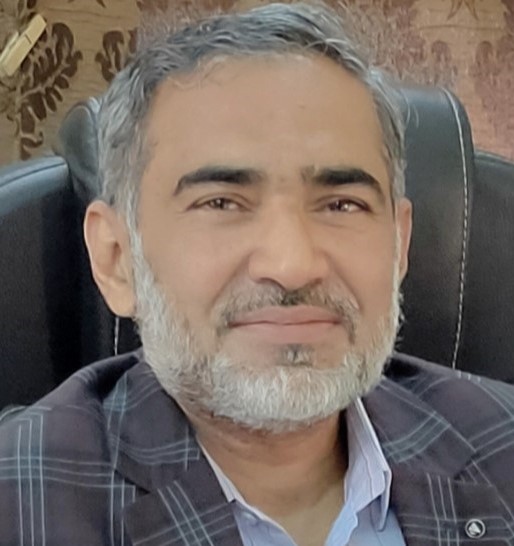New Delhi: The Secretary of the Markazi Taleemi Board (MTB), Syed Tanveer Ahmed, has expressed strong disapproval of the National Commission for Protection of Child Rights (NCPCR)’s recent recommendations concerning madrasas, calling them unfair and baseless. In a statement, he remarked that these recommendations reflect how the concerned government institution is attempting to target madrasas in an unjust manner.
Ahmed pointed to a circular issued by NCPCR Chairperson Priyank Kanoongo, which was sent to the Chief Secretaries and Administrators of all States and Union Territories. The circular allegedly misrepresents the role of madrasas and contains several misleading claims. One of the main assertions in the circular is that exempting madrasas from the Right to Education (RTE) Act of 2009 is tantamount to depriving children of access to quality education.
Referring to the Sachar Committee Report, Ahmed noted that only 4% of Muslim students in India are enrolled in madrasas, while the remaining 96% attend mainstream educational institutions. He criticized the focus on madrasas, saying that it seems to be a politically motivated attempt to harass these institutions and their students. The claim that madrasa students are entirely deprived of modern education, he added, is completely false. A significant number of madrasas offer modern subjects like science, mathematics, computers, and linguistics.
Ahmed also addressed the NCPCR recommendation to stop government funding for madrasas and to shut down madrasa boards. He clarified that madrasas are primarily supported by the financial contributions of the Muslim community, with government funds only being used for modernization efforts, such as paying the salaries of teachers in modern subjects.
The MTB Secretary criticized NCPCR recommendation to shut down madrasa boards, suggesting that it appears to be politically driven. Instead of interfering in madrasa matters, he said, NCPCR should focus on real issues affecting children, such as child labour, malnutrition, health, and school dropouts.
One of the more controversial proposals in the circular is to remove non-Muslim students from madrasas and transfer them to schools. Ahmed argued that this recommendation violates citizens’ constitutional right to freedom of choice. If non-Muslim parents wish to enrol their children in madrasas or if Muslim parents prefer madrasas for their children, they should have the full right to do so.
He emphasized the significant role madrasas have played in the social and educational development of the country and called on the government to take an impartial approach when reviewing the matter. The MTB urged the government to reconsider the NCPCR recommendations and focus on ground realities rather than implementing divisive policies that infringe on the educational and constitutional rights of minorities.




